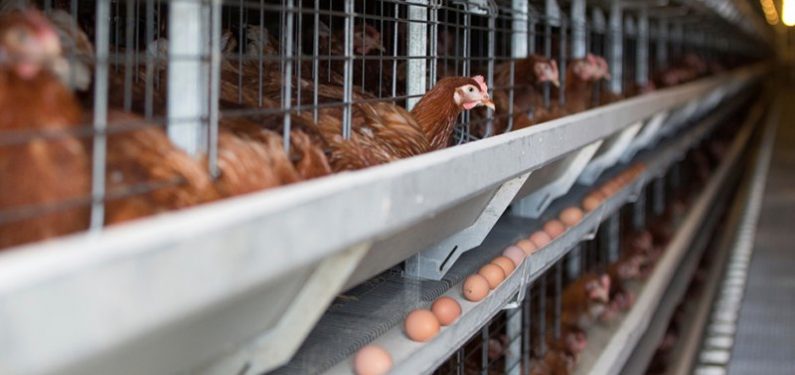
Facing Avian Flu: Cost Effective Option to Avoid Financial Hardship
September 24, 2015Avian Influenza (Flu) is that ominous threat that rears its ugly head in the production poultry industry, and it is never at a convenient time, nor is it an occurrence that is easy to predict and manage. Anyone in the industry understands the financial ramifications that the Avian Flu presents. Here’s what flock owners and contract growers need to know about facing Avian Flu from an insurance standpoint:
Protections for the Flock Owner
In the past, nearly all help available when Avian Flu strikes has been directed to the individual who owns or has the equity in the flock of poultry. But in many areas of the country, the poultry industry is integrated, involving the owner of the flock and a contract grower.
When Avian Flu strikes and a flock is diagnosed positive, not only is the owner of the flock facing a financial loss, but there is also a network of other individuals at immediate risk for loss as well. Historically, government programs have paid attention to the financial loss of the flock owner. But, just as important, is the financial health and stability of the contract grower. The owner of the production facility has ongoing costs such as mortgage, interest, lease, rent payments, insurance premiums, utilities, possible payroll, and other fixed costs that cannot be put on hold. Their creditors continue to want their monthly payments.
The owner of the flock or integrator is facing his or her own financial challenges due to the loss of the flock and production income and may not be in a position to financially assist the grower. Without some kind of assistance or indemnity program, these circumstances create very stressful times on the farm and also have the potential, in the worst-case scenario, to lead to the sale of the farm.
In crisis times, the government has always made an attempt to mitigate the loss and provide some level of assistance. As mentioned earlier, most programs are directed toward the owner of the flock. Indemnities are paid on a depreciated or actual cash value of the birds at the time of destruction and only on the birds that are alive at the time of the depopulation order. This can cause an issue since the Avian Flu may kill large percentages of a flock in a short time before diagnosis. Then the question always arises, “How fast can—and will—the government issue the indemnity?”
Protections for Both Flock Owner and Contract Grower
A better option to protect both the owner of the flock and the contract grower against Avian Flu, but does such an option exist? The good news is that a cost-effective option does in fact exist. When it comes to insurance and Avian Flu, there is an Avian Flu Insurance product that provides protection for both the flock owner and the contract grower. This Avian Flu Insurance will provide an insurance payment for an agreed value on the flock.
This means a flock owner can purchase a limit of insurance to cover the cost to replace the birds destroyed by the Avian Flu, whether as a result of a positive diagnosis or by order of authorities to control the spread of the Avian Flu virus.
He can also include protection to cover his fixed costs as well. For the contract grower, Avian Flu Insurance will provide protection for his ongoing fixed costs, such as those mentioned above. There is also an option to add a limit of insurance to cover clean-up costs.
This is a risk management tool/product that has not been available at this level during past outbreaks of the Avian Flu. It is very cost-effective and affordable. Ruhl Insurance has worked diligently to make this Avian Flu Insurance available to the poultry industry in Pennsylvania and surrounding states.
We are a leader in agricultural insurance and understand the agricultural community and the risks and challenges that are faced. For more information on facing Avian Flu, Avian Flu Insurance, its options, and to obtain pricing for your specific poultry operation, contact Ruhl Insurance using the contact form or call us at (717) 665-2283 or +1 (800) 537-6880.
Disclaimer: Information and claims presented in this content are meant for informative, illustrative purposes and should not be considered legally binding.

